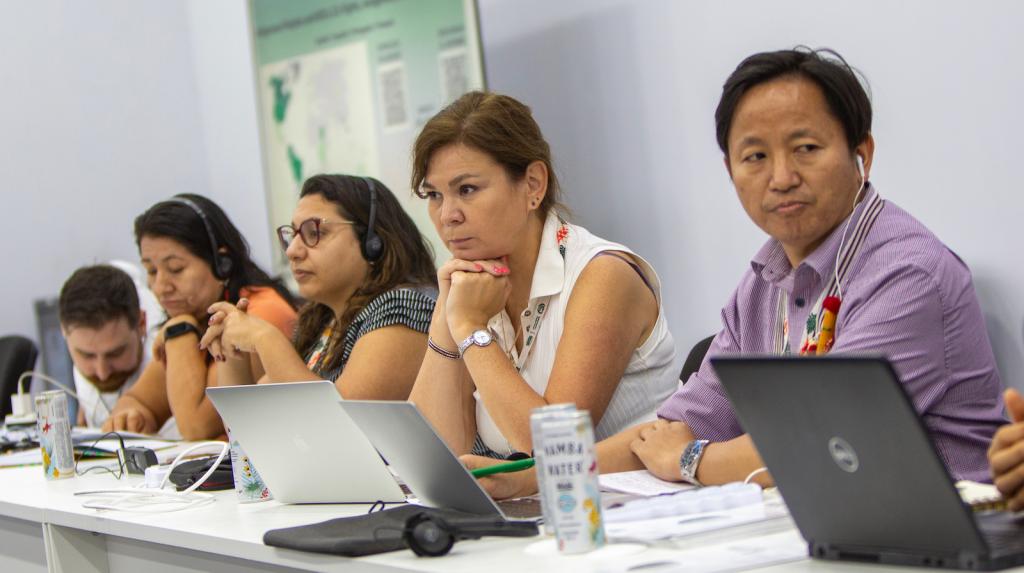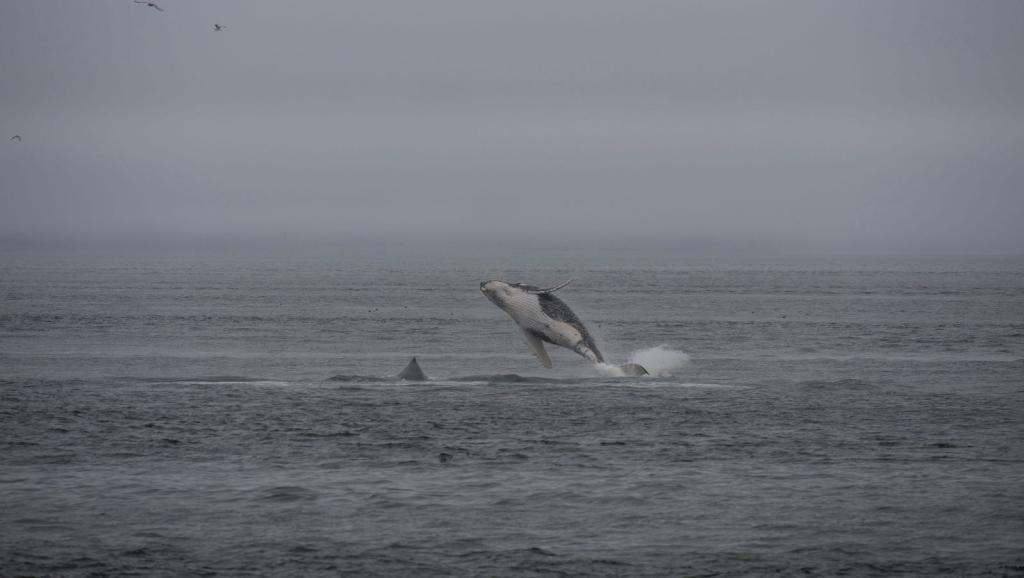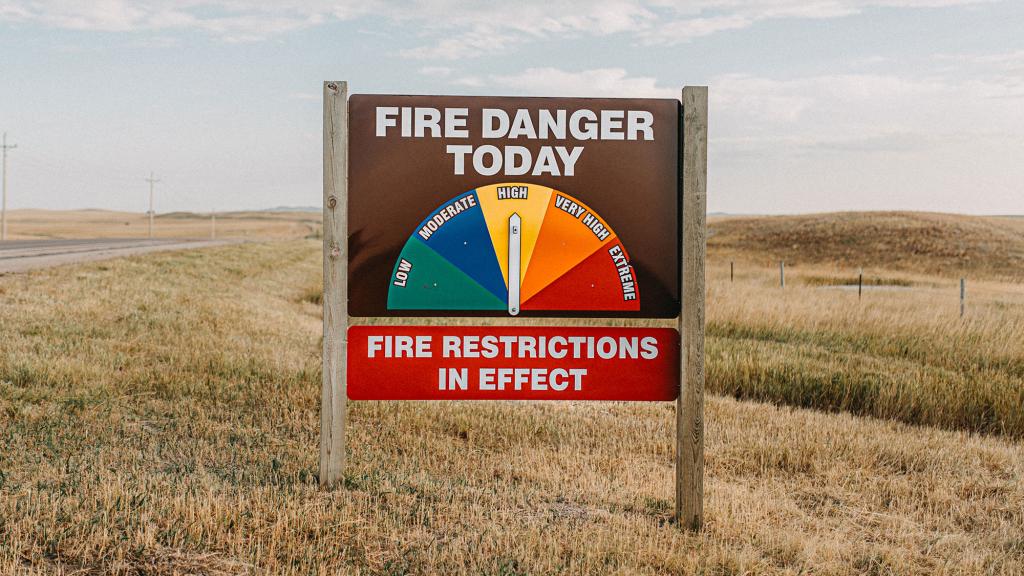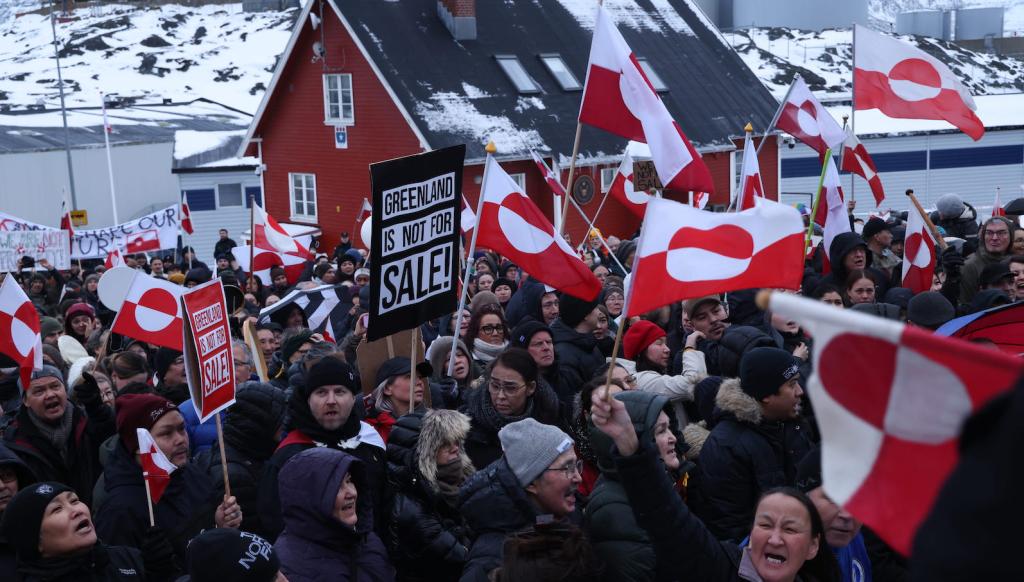The U.S. Supreme Court is hearing oral arguments today about a narrow procedural issue that could determine whether Michigan or federal courts ultimately decide the fate of a 73-year-old oil pipeline that many tribal nations say threatens their waters, treaty rights, and ways of life.
The case, Enbridge v. Nessel, centers on Line 5, a 645-mile oil pipeline that starts in Superior, Wisconsin, snakes through Michigan, and concludes in Ontario, Canada. More than half a million barrels of oil and natural gas flow through it daily. The pipeline has leaked more than 30 times inland, spilling over a million gallons of oil collectively. All 12 federally recognized tribes in Michigan have called for it to be shut down.
The Straits of Mackinac, where the pipeline crosses between Lake Michigan and Lake Huron, are ecologically sensitive and sacred to the Ashininaabe peoples as the waters are the center of their creation story. Five tribal nations also hold treaty rights to fish and hunt in these waters, rights that predate Michigan’s statehood and are protected by federal la... Read more




